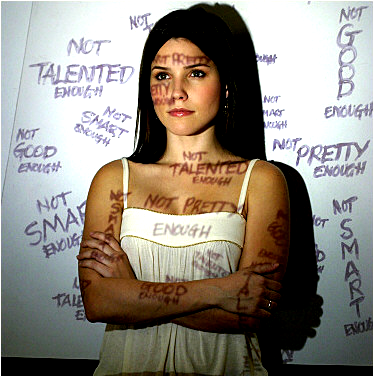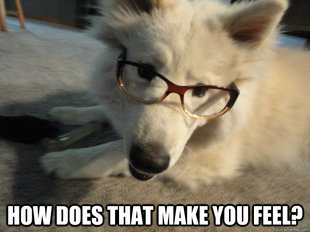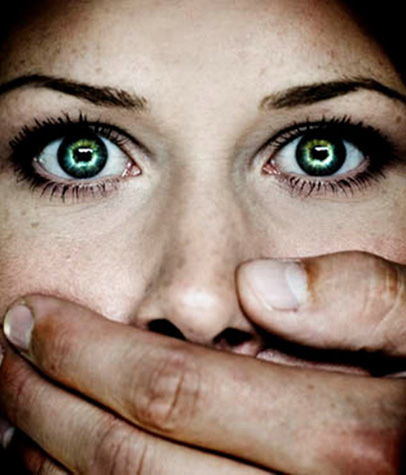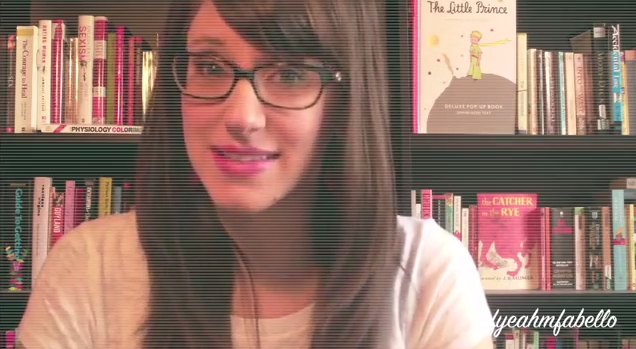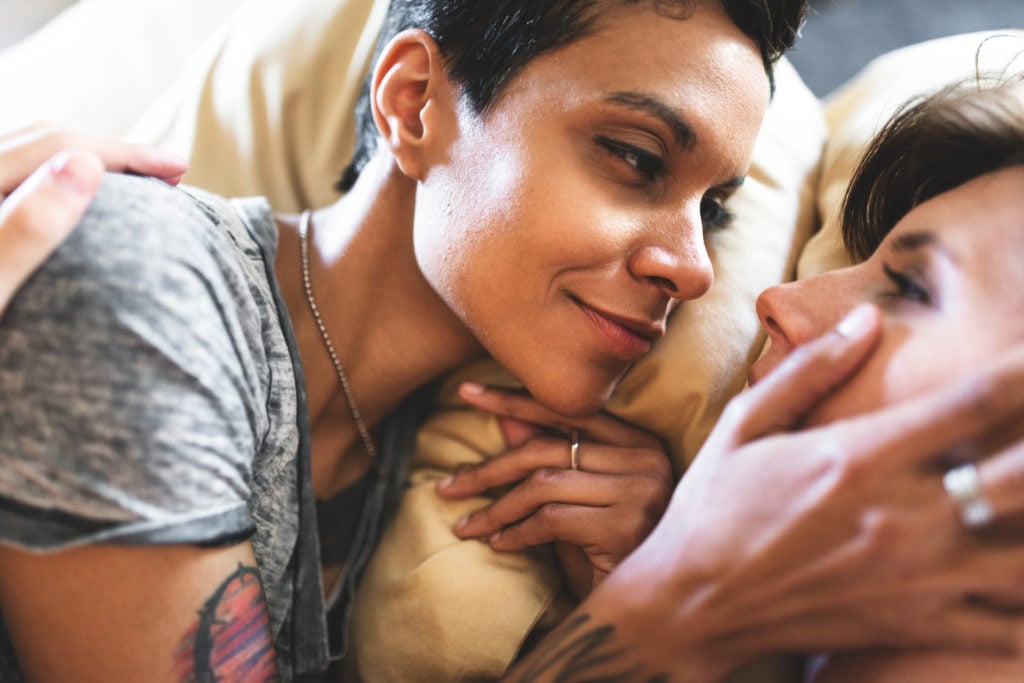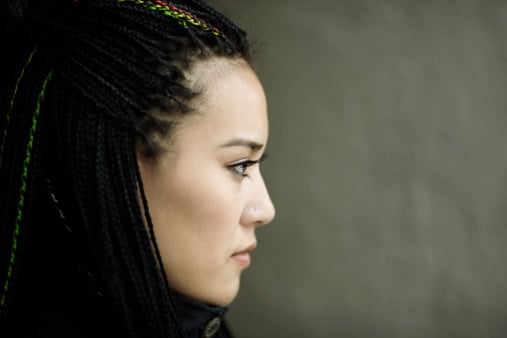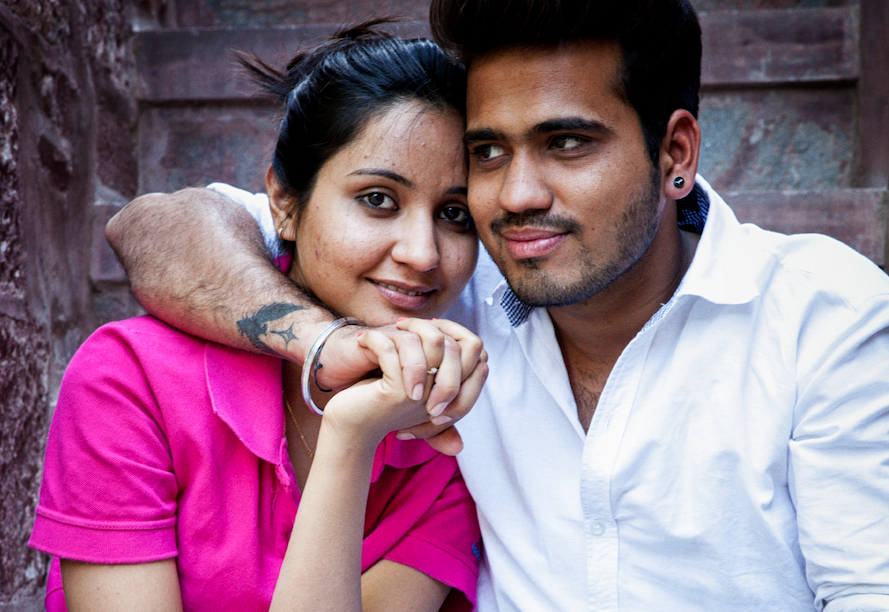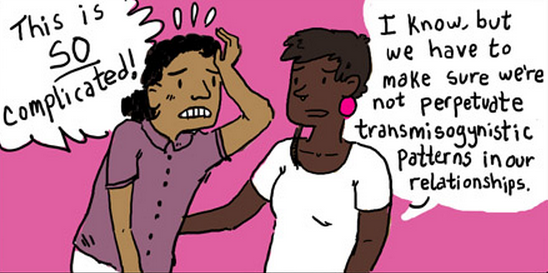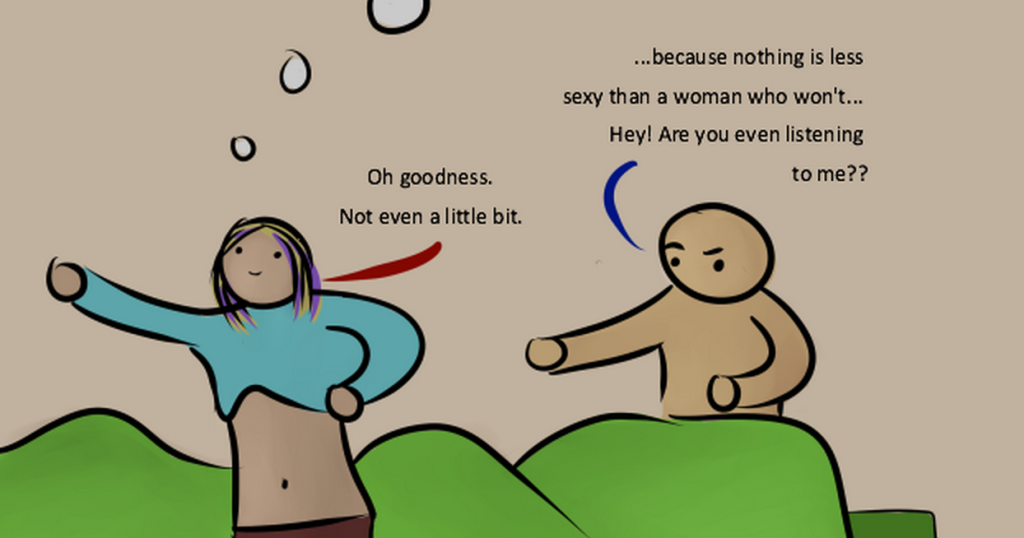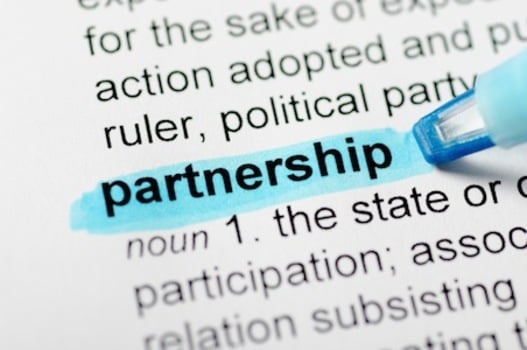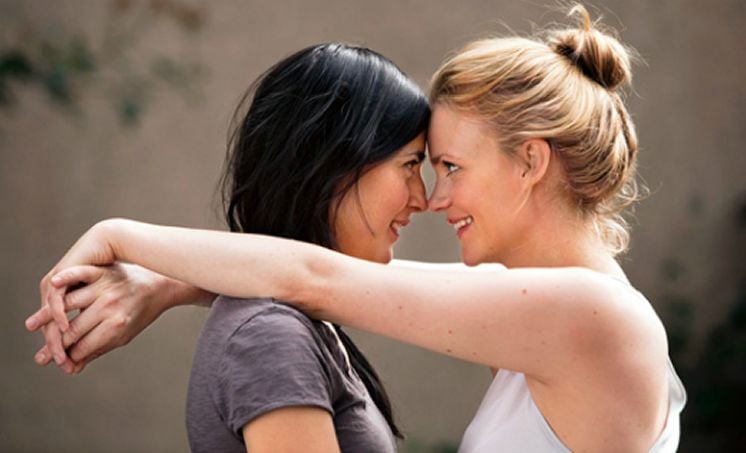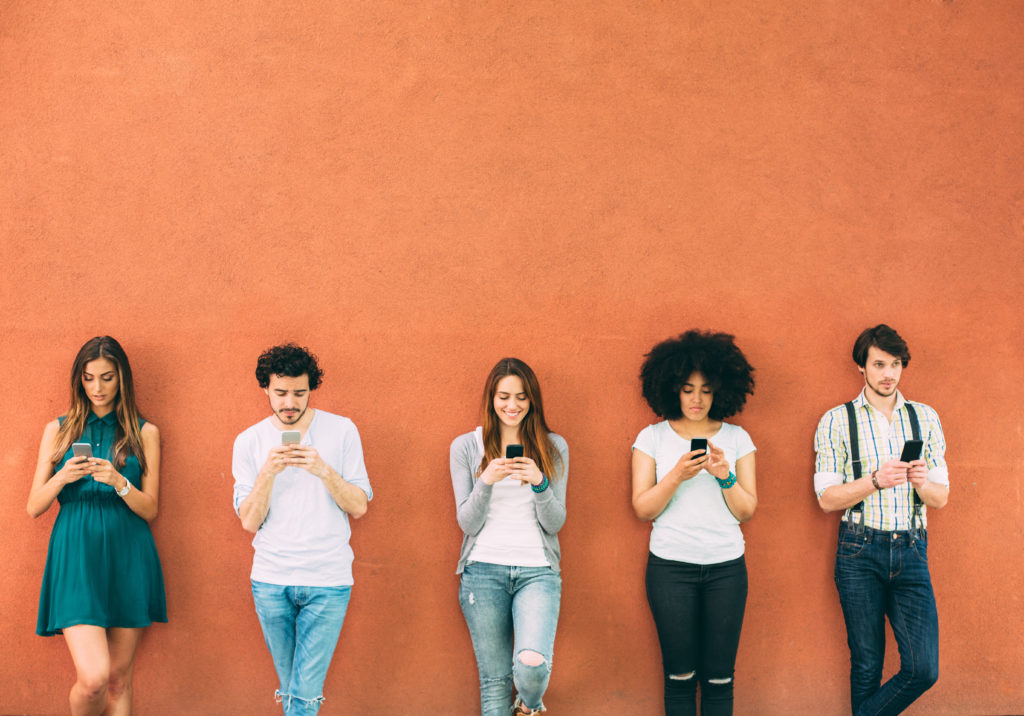Search results for: self love
The Approval of Men
The other day a man wrote to me to tell me that I shouldn’t worry—I’m not that ugly, men don’t care. Thanks (not really), but that’s not the point. My disappointment with my appearance, and the squirming, insistent anxiety that I didn’t look right, I didn’t look good enough—those things felt bigger than men.
Read MoreYes, Boys Do Get Negatively Influenced by the Media and What You As a Parent Can Do to Help
We don’t talk about it as much but our sons are also being negatively affected by media, especially when they don’t meet its often unrealistic expectations of what “being manly” means.
Read MoreHow the Media Affects Your Daughter and What You Can Do to Help
You know at times the media portrays girls and women in a less than positive light—as sexual objects, victims, or the lesser half of a romantic relationship. But how do you help her not believe them for herself?
Read MoreGoing To Therapy Even Though People Don’t Believe in Depression or Shrinks
Many people who suffer from depression feel stigmatized for it. But depression is as real as broken bones and can be treated with therapy – if you learn to let it.
Read MoreConfessions of a Perfectionist
I bet a lot of people are wondering why feminism can be used to address perfectionism. It’s not the most obvious connection. But believe me, it can.
Read More6 Signs That You Might Not Really Respect Your Transgender Loved One
You talk the talk about supporting trans people in your life – but are you really being supportive? If these signs are familiar, here’s what to do instead.
Read More‘Mom, I’m Not a Girl:’ A Loving Mom Reflects on Raising Her Transgender Son
At first, like many parents, this mom didn’t know what to do when she learned her child was transgender. But we can all learn from the affirming journey she and her son have taken together.
Read MoreHow To Help A Loved One Who’s Being Abused By Their Partner
( Trigger Warning) Domestic violence, dating violence, relationship violence — it’s not something we like or know how to talk about. Or perhaps more accurately, it’s not something we know how to talk about, especially when it’s happening to someone we love. But it’s important we learn how to talk about it in ways that actually help them, which is far more difficult than you may think.
Read More5 Ways to Support a Loved One in Eating Disorder Recovery Over the Holidays
The upcoming holiday season brings with it new hurdles for those recovering from eating disorders. With all the festivities involving food, not to mention the eating-related commentary, the next several months can be a mine field of triggers. So how can you support your loved ones in eating disorder recovery over the holidays? Vlogger and writer Melissa A. Fabello has some ideas!
Read MoreI Think My Loved One Has an Eating Disorder — Now What?
I remember it more clearly than I want to – the memory of being forced to acknowledge the illness that my diet had spiraled into. We were at a pizza place, my friend Rob* and I. Despite everything that was going on,the only topic that I had energy to talk about was calories. A grimace passed Rob’s face, and he looked me right in the eye when he said: “I think you have a problem.”
Read MoreHow To Talk To Friends And Loved Ones About Health And Weight
Myths and stereotypes about weight are so normalized. So it’s no wonder if you (person who is worried about a loved one) are invested in the idea that fat is bad or want them to be spared the pain of being fat in our society. And it’s no wonder that you (person who has gained weight or is fat) may have some mixed feelings about the “help” that people want to give. Here’s some ways to have this conversation.
Read MoreFive Ways to Support a Loved One in Eating Disorder Recovery
Eating disorders are difficult – not just for the sufferer, but admittedly for the people who care about that person, too. This is an article specifically for those of you who need a place to start, who are saying, “I know that my friend or family member has a history with an eating disorder. Now what?”
Read MoreWhat You Need to Know About Dating While Mentally Ill: A Guide By Mentally Ill Women
In my experience, one of the most frustrating challenges about living with a mental illness is that the seemingly small things in life are often the most difficult. Take a first date, for example… or just trying to get a first date. “I’d see things on dating profiles like ‘no crazy chicks haha’ or ‘if…
Read More50 Liberating Relationship ‘Rules’ for Feminists to Live By
Common advice pressures you to date according to some pretty oppressive “rules.” This is a different take that may help you find healthier guidelines.
Read More5 Lessons I’ve Learned As the Partner of Someone with an Invisible Disability
Do you know what it’s like to love someone who’s suffering? We’re really glad this author’s sharing what he’s learned – this info can help us support our loved ones and ourselves.
Read MoreEssential Things to Think About for the Best Possible First Date with a Trans Woman
Check out this super cute comic to make sure you’re not perpetuating any anti-trans patterns. And have a great date!
Read MoreBody Policing Police: Because Your Body Belongs to You!
From body size to body hair, society has so much to say about which bodies are acceptable and which are not. Sadly, the people who are supposed to love and affirm us unconditionally sometimes end up being the ones who project those harmful standards onto us the most. Check out this comic to see one way body policing manifest and how to fight back.
Read MoreWhy I Call Her My ‘Partner’ and Not My ‘Girlfriend’
She is my partner. She is not my girlfriend. Choosing to use the word “partner” is somewhat political, but it is also very personal. I choose to use “partner” to not only indicate to society that I desire equality in my relationship, but more importantly, to indicate to my partner that, above all else, I unconditionally respect her as a completely autonomous and equal companion.
Read More5 Gender-Neutral Alternatives to ‘Boyfriend’ and ‘Girlfriend’
There are gender-neutral words that can better describe the nature of one’s relationship than “boyfriend” or “girlfriend.” So here are some other ideas to choose from.
Read MoreI’m An Activist. Am I Allowed to Unplug From the Internet?
We’re allowed to unplug from the Internet and take a step back from social media—and not just during times when we’re already feeling fatigue and burnout.
Read More



